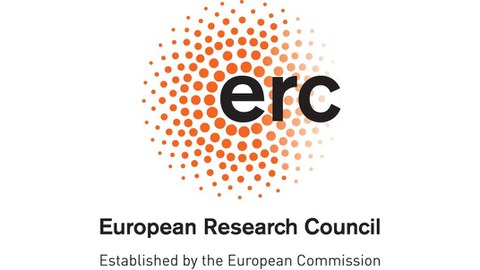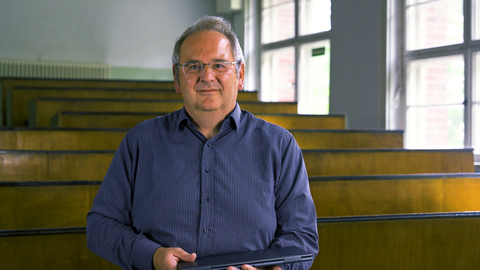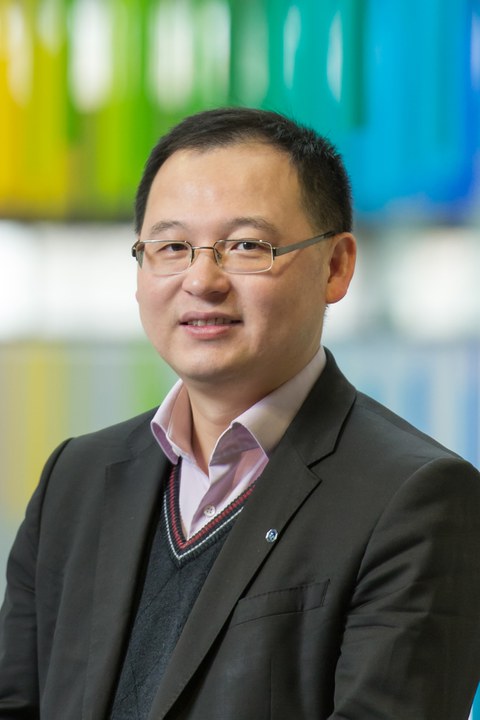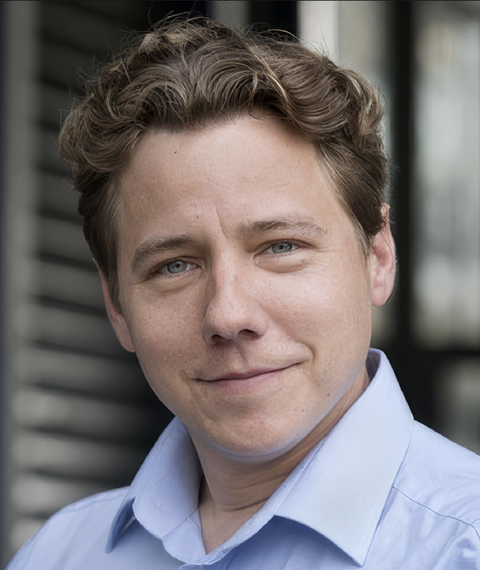Nov 05, 2024
2D precision membranes for higher energy efficiency in separation processes: research consortium receives renowned ERC Synergy Grant
Pushing the boundaries of current device performance through revolutionary separation technology - this is the overarching goal of the ‘2DPolyMembrane’ research project on which Thomas Heine from TU Dresden, Xinliang Feng from MPI Halle and Grégory Schneider from Leiden University, Netherlands, will be working together over the next six years. Ultra-thin 2D polymer heterostructure membranes (2DHMs) should make this possible. This ambitious, interdisciplinary project is being funded with a prestigious Synergy Grant from the European Research Council (ERC) endowed with 10 million euros.
Separation processes are essential for our daily lives, from drug development and purification, the purification of wastewater or as membranes in fuel cells. However, these large-scale industrial processes consume a lot of energy due to the thickness of the membranes and the random movement of the particles.
With the ‘2DPolyMembrane’ project, the research consortium now wants to lay the foundation for the next generation of membrane technologies and jointly develop a real ‘game changer’ in separation technology. ‘We have succeeded in developing ultra-thin membranes, i.e. only 10-50 nanometres thick, which are significantly superior to conventional technology in terms of selectivity and efficiency. In addition to increased energy efficiency, they also allow the separation of similar particles, such as hydrogen isotopes,’ explains Thomas Heine, Professor of Theoretical Chemistry at TU Dresden. ‘To do this, we use our newly developed 2D polymer heterostructures, which contain atomically precise funnel-shaped pores with electrostatic gradients.’
2DHMs promise revolutionary properties that make them ideal for selective and unidirectional ion transport: they are extremely thin, have a precise pore size and high functionality. ‘We will combine our complementary expertise in theory and prediction, chemical design and synthesis on water and liquid surfaces, and in situ ion transport studies to develop robust 2DHMs,’ reports Xinliang Feng, Professor of Molecular Functional Materials at TU Dresden and Director at the Max Planck Institute of Microstructure Physics in Halle.
‘Each research group brings unique expertise - from developing chemically precise nanopores and predicting their selectivity for specific ions to studying ion transport in confined spaces. The project combines chemical material synthesis, theory and nanoscience,’ says Grégory Schneider from Leiden University in the Netherlands, summarising the synergetic nature of the project. Together, they want to develop ultra-thin, nanoporous membranes that enable new membrane concepts and unprecedented performance for energy devices such as fuel cells, osmotic power generators and batteries.
Thomas Heine:
Thomas Heine has been Professor of Theoretical Chemistry at TU Dresden and a researcher at the Helmholtz-Zentrum Dresden-Rossendorf (HZDR) since 2018. Since 2023, he has been a visiting professor at the Centre for Advanced Systems Understanding CASUS in Görlitz, the HZDR Institute for Data-Intensive Systems Research. His research in theoretical materials science focuses on the development of Density-Functional Theory based and topological methods with applications ranging from framework structures (MOFs, COFs, etc.), inorganic 2D materials and metal oxide nanoparticles to computational spectroscopy of organic and inorganic molecules.
Xinliang Feng
Xinliang Feng is a Chinese chemist, scientist and university lecturer specializing in 2D materials, especially graphene. He has been Professor of Molecular Functional Materials at the Technical University of Dresden as part of the Centre for Advancing Electronics Dresden (cfaed) since 2014 and Director of the Synthetic Materials and Functional Devices Department at the Max Planck Institute of Microstructure Physics in Halle (Saale) since 2021.
https://www.mpi-halle.mpg.de/person/111605/512682
Grégory Schneider
Grégory Schneider is an associate professor, lecturer and group leader at the Leiden Institute of Chemistry, Leiden University. His research interests are to explore the role of chemistry in designing sensors, nanodevices, nanopores and ultra-thin membranes.
https://www.universiteitleiden.nl/en/staffmembers/gregory-schneider
On the ERC Synergy Grant:
The European Research Council - founded by the European Commission - is an institution for funding outstanding basic research. With the Synergy Grants, the ERC funds teams of two to four scientists at different locations. This supports projects that lead to “progress at the frontiers of knowledge” through interdisciplinary collaboration. The award is associated with funding of up to ten million euros over a period of six years. The ERC received 548 applications for the current call. 57 projects were selected for a total of 571 million euros of funding.
Contact:
Prof. Dr. Thomas Heine
Dresden University of Technology
Chair of Theoretical Chemistry
Tel.: +49 351 463-37637
E-Mail:




